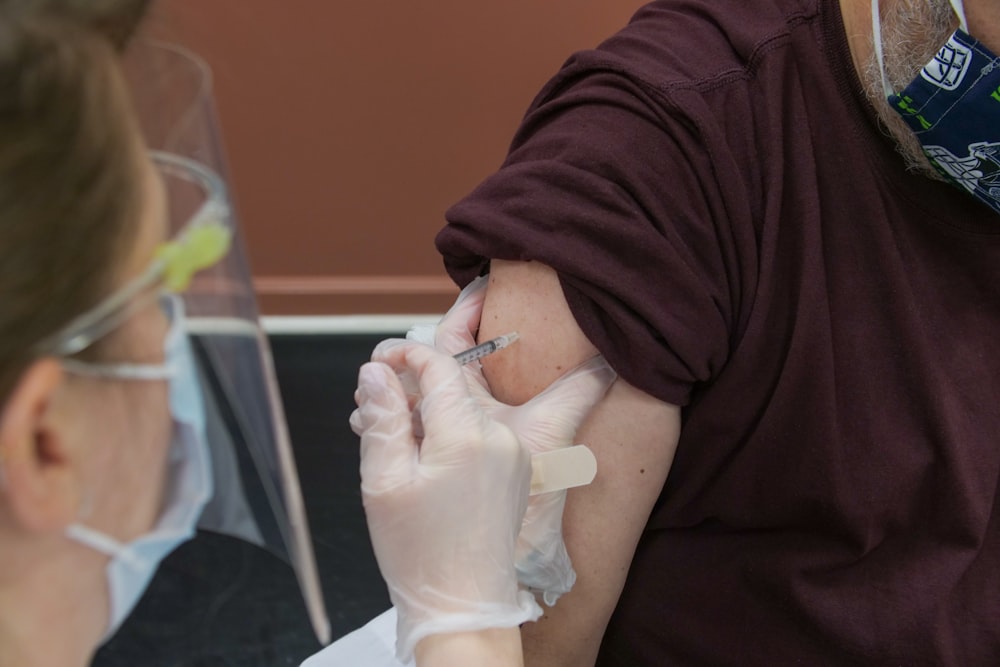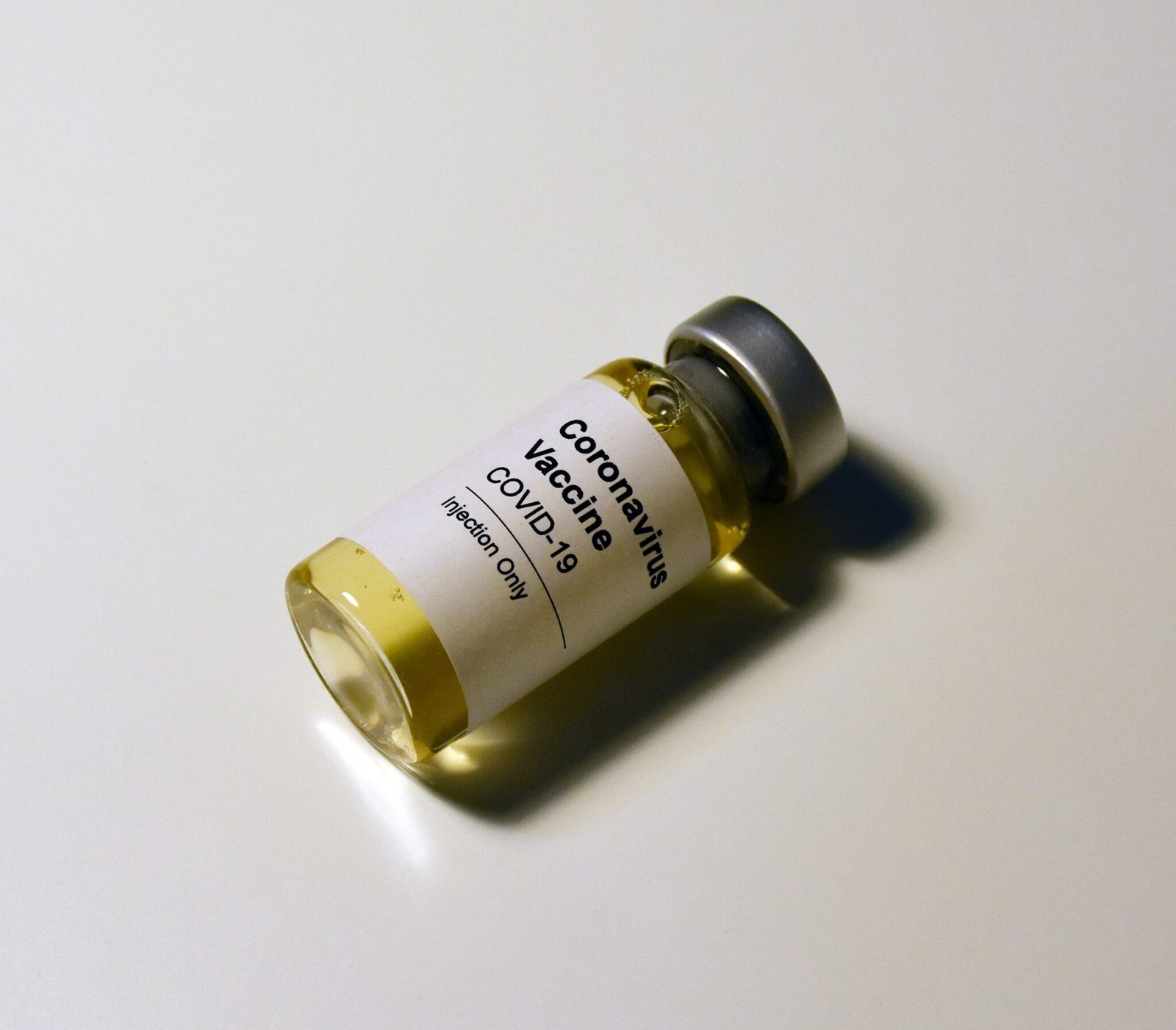This year has been a roller coaster for almost everyone on the planet; nobody needs to introduce all to the topics of Coronavirus. The struggle has been real in the Healthcare industry to study and understand this virus and develop a vaccine. It needed a lot of energy and time for pharmacists, medical experts, chemists, and scientists; they all had to put their heads together before an effective vaccine presented for the open trail in Nov 2020.
A couple of companies worldwide have invented different variations of a Covid-19 vaccine; a few are mRNA vaccines. This is a relatively new technology and has not been extensively used before. This vaccine is injected into the upper muscle of the human arm. Unlike many other vaccines that introduce a weakened or inactive form of the virus, it presents a genetic material called “messenger RNA.”
Inside a normal cell, there is a nucleus, and that is where our DNA is stored. The human DNA stores information and instructions on keeping the body functioning correctly, and it is what makes the human a unique creature. Inside the cell is a sort of machinery that reads and transcribes it into mRNA, which goes to the cytoplasm, where the ribosomes in cells read the RNA and, based on the specific code, build a chain of amino acids fold tightly to make protein.
This process is known as translation. With this process, viruses take advantage of and insert their genetic information into human cells. After that insertion in the human body unwillingly begins to make proteins or virus copies. Initially, the human body responds very slowly, that by the time it starts to react, the virus could probably make a gazillion copies. The mRNA inside the vaccine also carries genetic information but it is only coding a small part of the virus, not the whole.
The mRNA vaccine gives the immune system a preview of the actual virus will be like without causing the disease. Basically, it will trigger the response signal of the antibodies. Another benefit of these vaccines is they can be made in labs much quicker and faster than other vaccines. It’s also far more cost-effective to make mRNA molecules than the proteins themselves.

The details of a few other available and in use vaccines are as under;
Pfizer/ BioNtech vaccine
Pfizer vaccine is an mRNA vaccine developed in collaboration with Germany and the US; it is one of the first mRNA vaccines ever to exist. It is 95% effective against Covid-19. By the end of this month, about 4 million people are expected to inject this vaccine. It gives in two doses separated by a time-lapse of 21 days. The only downfall to this and all the other mRNA vaccines is that they need to be stored at -70°C at least.
Sputnik vaccine
Sputnik vaccine is another vaccine for covid19, developed by Russia, and is 91.4% efficient. The vaccine will be free of cost for Russian citizens, but for the rest of the world, it will only be 10$ for one of two doses, which is a big plus as not everyone can afford expensive vaccines. Another good point to this vaccine is that it can be stored between 2-8°C.
RDIF continues expanding existing agreements with international manufacturing partners to produce the vaccine for more than 500 million people in 2021.
Cambridge’ Moderna
Moderna vaccine is made by the US biotechnology company Cambridge, Massachusetts. This mRNA vaccine holds the same benefits and flaws as other mRNA vaccines. It is approved about a week after Pfizer/BioNTech and is now being distributed worldwide. The US has agreed to purchase 200 million doses of Moderna, and as reported, about six million doses ready to ship so far. It is 95% effective and should be given twice in 4 weeks intervals. A plus point to this vaccine is that it can be stored at -20°C for up to 6 months.
Sinovac Biotech’s CoronaVac
Coronavac is developed by a Beijing-based biopharmaceutical company, Sinovac. This vaccine uses an inactive form of the virus instead of the spike protein, as observed with the mRNA vaccines. It works with killed viral particles, exposes the body’s immune system directly to the virus without risking a serious disease response. Basically, it is a traditional way of vaccination like that for measles and mumps. It can be stored at 2-8°C.
Oxford’ AstraZeneca
Oxford University, in collaboration with AstraZeneca, develops AstraZeneca. Initially, this vaccine was tested by giving two full doses but the results were only 62% efficient. Later by mistake, a patient was given a dose followed by a half dose, and shockingly, the results were up to 90% effective. The UK Government is going to manufacture 100 million doses. It can also be stored at normal fridge temperatures; also, it is the cheapest one. The AstraZeneca vaccine uses a modified version of a chimpanzee cold virus for delivering instructions to cells.


